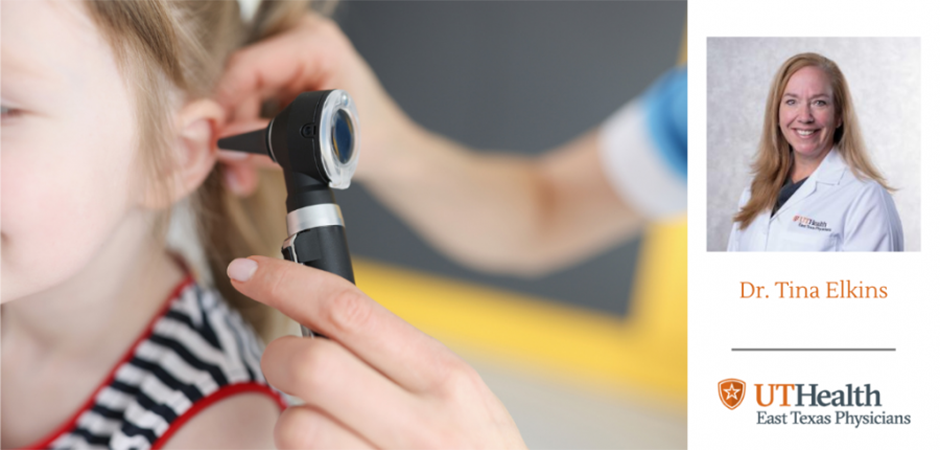As I drop my children off for school, walk through an airport or look out into my office waiting room, I see people of all ages wearing various types of headphones and listening to their phones or tablets. As the surrounding environment becomes noisier and noisier, the volume of the device slowly increases to maintain the clarity of the sound. Currently, the CDC has shown that one out of 10 children aged 6 through 19 is experiencing some level of noise-induced hearing loss. This is why it is important to understand how loud noise exposure affects the inner ear, the ear signs of hearing loss and how to prevent this in all age groups.
Noise-induced hearing loss in our younger generation is more common today than it was 10, 5 or even 2 years ago. As younger generations are plugging in for longer periods of time we are seeing a damaging effect on their hearing. It is important that we all recognize the signs of hearing loss so that it can be quickly diagnosed, the volume turned down and hopefully the hearing return to normal.
How does loud noise affect the inner ear?
The sound pressure wave that comes from the headphones results in increased vibration of the cochlear hair cells in the inner ear, potentially causing injury. Think of this as a wave crashing on a beach. The larger and stronger the wave, the more force as it hits the sand resulting in more erosion. The same is true for a sound pressure wave. The stronger the wave, the more injury it has on the inner hair cells, especially those in the higher frequencies. With repeated exposure, there is high risk of irreversible damage.
What are the signs someone with noise-induced hearing loss might experience?
At first, a person may complain of ear ringing (tinnitus), muffled hearing (due to a hearing threshold shift) and trouble understanding speech when there is background noise. Some patients may initially express increased sensitivity to sound. They may say that everything is too loud (hyperacusis) or painful with exposure to loud sounds. Recognizing the early signs of loud noise exposure can be beneficial in preventing the permanent effects. If the signs of hearing loss persist it is important to have a hearing test performed by a licensed audiologist. The audiologist will be able to do comprehensive testing to identify any signs of hearing loss, especially in the high frequencies. If a hearing loss is identified, counseling on reducing the noise exposure will be given and most likely with a repeat hearing test at a future date to evaluate for any improvement.
How to prevent noise-induced hearing loss?
Start by turning the sounds down. Portable hearing devices, when turned up to their maximum volume can produce sounds at 85 decibels (dB) or higher. Some music can reach levels up to 110 dB. Even less than two minutes with exposure at this level can permanently damage hearing. This is equivalent to engine noise (85 dB) or an ambulance siren (120 dB). It is recommended that the sound stays at 50% volume, which is around 70-75 dB thus almost eliminating the risk of noise damage. The volume should not be so high that others can hear it or that the listener cannot hear sounds around them. Most personal devices have the ability to monitor the sound levels a person is exposed to and can alert you if a maximum amount of sound has been reached for a day or week. Parents also can set limits on their child’s portable device, in most cases, that limits the volume it will play at. However, most children are tech-savvy enough to override this, so it is important to not just rely on this safeguard. Talking to your children about the effect, especially the middle and high school students, is important so that they can take an active role in preventing hearing loss.
Information provided by Tina Elkins, MD, board-certified otolaryngologist (ENT) at UT Health East Texas Physicians in Athens, who sees patients of all ages. As an otolaryngologist, Dr. Elkins specializes in treating conditions affecting the ears, nose and throat either medically or surgically. Call 903-676-3316 to make an appointment.






